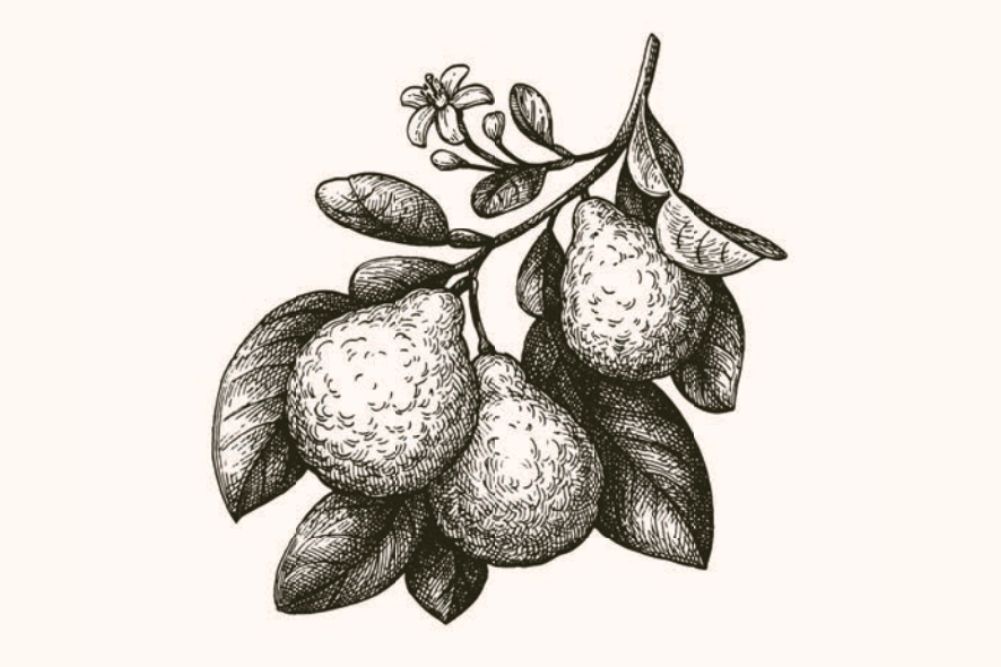Sugar-sweetened beverages associated with unhealthy diets
Sugar-sweetened beverages (SSBs) have little nutritional benefits and excessive consumption is the leading cause of non-communicable diseases such as obesity, type 2 diabetes, a risk of cardiovascular disease and dental caries. Excessive intake of SSBs is also a preventable cause of death, with many researchers advocating measures to reduce consumption. Some countries have implemented a tax on SSBs while other countries like New Zealand rely on industry regulation and individual responsibility. But does self-regulation work? Are SSB consumers conscious of their diets and therefore interventions like better labelling might be effective, or are they engaging in a pattern of unhealthy eating — in which case government regulation might be advisable?
Sugar-sweetened beverage consumption was associated with a lower likelihood of referring to food labels, less conscious effort to eat healthily as well as less likelihood to avoid sugar, fat, calories, food additives and pre-prepared food.
To understand this, researchers from the University of Otago in New Zealand surveyed more than 2000 New Zealanders, measuring their food and beverage intake over a 24-hour period and self-reported intentions to eat healthily. Within this was a measurement of SSB consumption in a 24-hour period. Consumption of SSBs is a significant problem in New Zealand, where 17 per cent of adults’ total sugar intake comes from SSBs.
The researchers found that 30.5 per cent of the participants had consumed SSBs in the past 24 hours. The same participants also displayed a general unhealthy pattern of eating as they also consumed dessert, confectionery, fast food and pre-prepared food and were less likely to skip breakfast or consume a meal prepared from scratch. The researchers also found that SSB consumption was associated with a lower likelihood of referring to food labels, less conscious effort to eat healthily as well as less likelihood to avoid sugar, fat, calories, food additives and pre-prepared food.
The findings of this study show that people who consume sugar-sweetened beverages are less likely to demonstrate a healthy diet, which raises concerns regarding the efficacy of industry and individual self-regulation of excessive SSB intake.
Source: PeerJ








